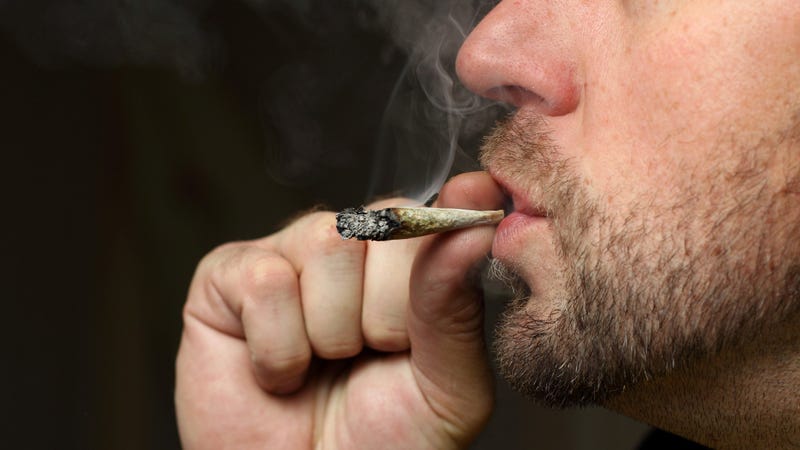
According to the Centers for Disease Control and Prevention, a study showed that about 3 in 10 people in the United States who use marijuana have "cannabis use disorder," while another study showed that there is roughly a 10% chance that those who use marijuana can become addicted.
Now, a new review of studies says that those who use "high-potency" weed are more likely to become addicted or deal with other mental health issues, according to a study published on July 25 in the journal The Lancet.
Scientists have previously determined for research that a standard unit of THC is 5 milligrams, according the National Institute of Drug Abuse.
The new study compared the usage of low-potency marijuana products, those with 5 to 10 milligrams of THC, to the high-potency products and their association with depression, anxiety, psychosis, and cannabis use disorder (CUD).
"Overall, use of higher potency cannabis, relative to lower potency cannabis, was associated with an increased risk of psychosis and CUD," the study said.
Study coauthor Tom Freeman, a senior psychology lecturer and the director of the addiction and mental health group at the University of Bath in the U.K., told CNN in an email just how much of a risk marijuana addiction is for those that use high-potency products.
"One of the highest quality studies included in our publication found that use of high potency cannabis, compared to low potency cannabis, was linked to a four-fold increased risk of addiction," Freeman said in the email.
Freeman and his team at the University of Bath conducted a study in 2020 that explained the yearly trend of increasing levels of THC in both herbal cannabis, the common version people smoke, and cannabis resin, which can be used to make extracts and concentrates.
On average, THC concentrations increased by 0.29% in herbal cannabis each year from 1970 to 2017. While THC concentrations increased in cannabis resin by 0.57% each year from 1975 to 2017.
Freeman pointed out that when purchasing marijuana products legally at a dispensary, the THC concertation is clearly stated on the label. Although, that isn't the case when purchasing it illegally, as Freeman said that, "people buying cannabis illegally may not be able to access reliable information about the potency of the product they are using."
"However, certain types of cannabis are typically more potent than others -- cannabis extracts are typically more potent than cannabis flower," Freeman added.
While the new study said that using high-potency marijuana products increases the chances of psychosis and CUD, the "evidence varied for depression and anxiety."
"The evidence linking cannabis potency to addiction and psychosis was very clear," Freeman said.


